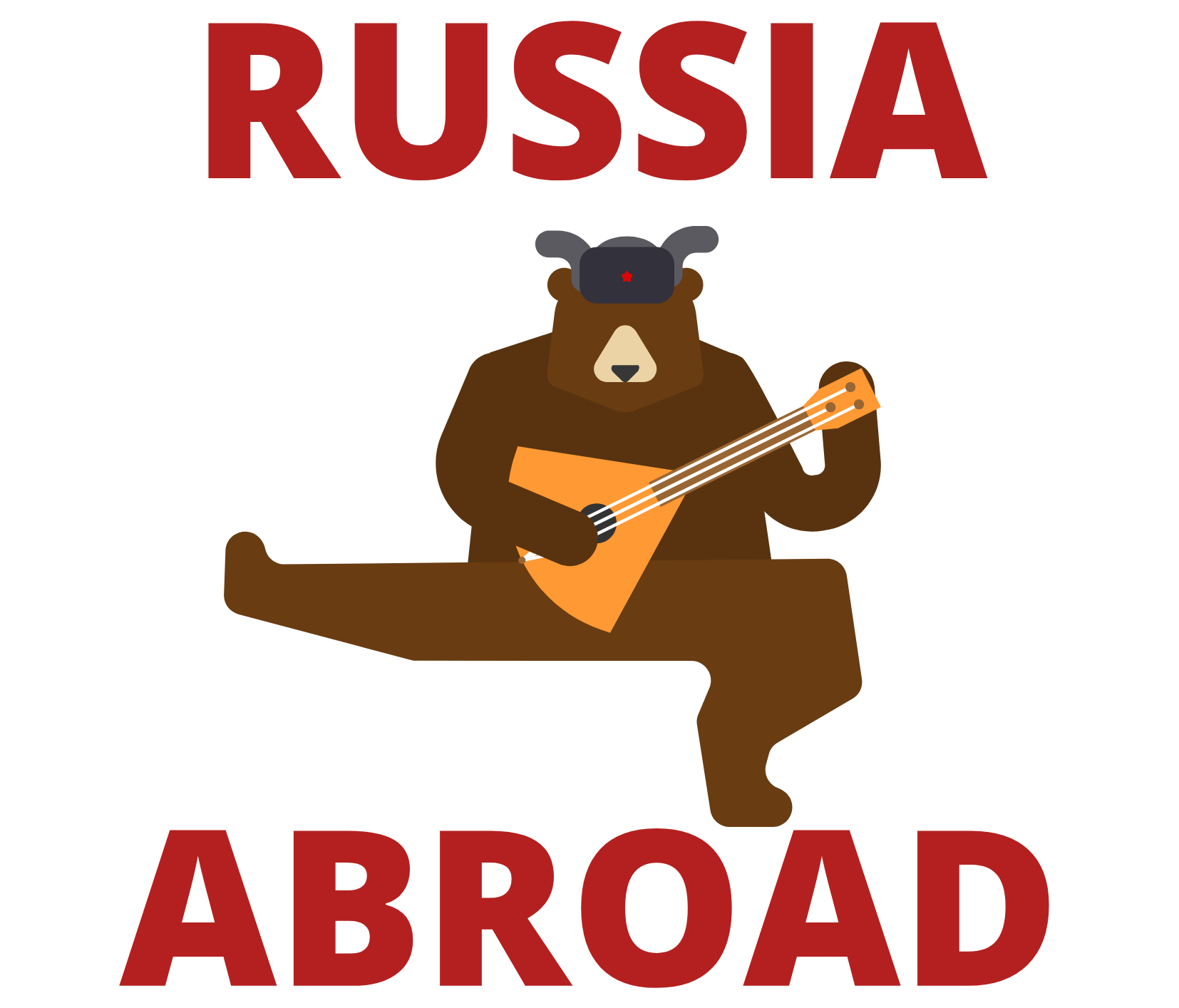Like many students who decide to study Russian, I fell in love with the country’s literature before I began studying the language. The prospect of developing the skills to read that literature in its original format can be a great motivator. However, the pantheon of great Russian writers can also have a chilling effect for an overwrought student like me.
We spend semester after semester studying the skill and craftsmanship of great Russian authors, and are then forced to butcher the language in which they wrote. In 2006, I traveled to Russia alone with no knowledge of Russian whatsoever. I could not even pronounce the word for “hello”. I felt as if I had made the transition from adult to infant in the course of an overnight flight. The specter of Pushkin loomed large as I awkwardly fumbled through every interaction with his countrymen, and I struggled to adjust to my sudden verbal deficiencies.
The disparity between what I knew Russian could be and the Russian I was able to produce was the most significant roadblock I created for myself as a student. I spent nearly one year in Russia in 2006 – 2007. The Russian words I came back knowing, however, were primarily those that I could pronounce without drawing undo attention myself. I constantly searched for ways to avoid linguistically challenging interactions. I rarely initiated conversations because that would require getting that look I so feared from Russians, that “What in God’s name are you trying to say?” look that we probably all know well. In other words, I cared so much about speaking Russian well that I often frightened myself out of speaking Russian at all.
I let my fear affect virtually all aspects of my behavior in public spaces. I believed Russians did not smile much, and I trained myself to smile less. I watched them be very businesslike in their interactions, and I mimicked their efficiency, hoping to lessen my “foreigner” profile. Privately, I behaved as I would at home and made some wonderful friendships with Russians and non-Russians alike. However, I remained wholly intimidated in the public sphere during too much of my time in Russia that year. The result of all of that fear and hiding was, unsurprisingly, that I left Russia in 2007 believing it a very inhospitable place for foreigners.
After graduating college in 2009, I spent about ten months living in Latin America. While there, I was motivated to learn Spanish not because I had fallen in love with Latin American culture, but because I had a practical need to do so. I was not emotionally invested in Spanish. I therefore spoke it freely and made mistakes without shame. I regularly initiated conversations and unabashedly pursued answers to questions that arose over the course of my day. The obvious result of all this practice was that my Spanish improved rapidly. Moreover, I perceived Latin American culture as warm and welcoming, as opposed to frigid and stoic.
Having the opportunity to study Russian in Russia once more, I am determined to treat Russian like Spanish, as it were. Since arriving in Moscow, I have been speaking Russian freely, making innumerable mistakes in the process. I have gotten that, “What in God’s name are you trying to say?” look from Russians more times than I can count and have charged forward anyway. I have regularly initiated conversations without studying the necessary vocabulary ahead of time. I am smiling. Often.
It should come as no surprise that I am now finding Russia to be as warm and welcoming as I perceived Latin America to be. Whether or not my “Latin American approach” helps to improve my Russian remains to be seen—though I cannot see any drawbacks to it. What I do know is that I am thoroughly enjoying the opportunity to rectify the error of my earlier ways. Ten years on, the specter of Pushkin still looms large. This time, however, I intend to smile and fumble my way through any intimidation he may cause.
